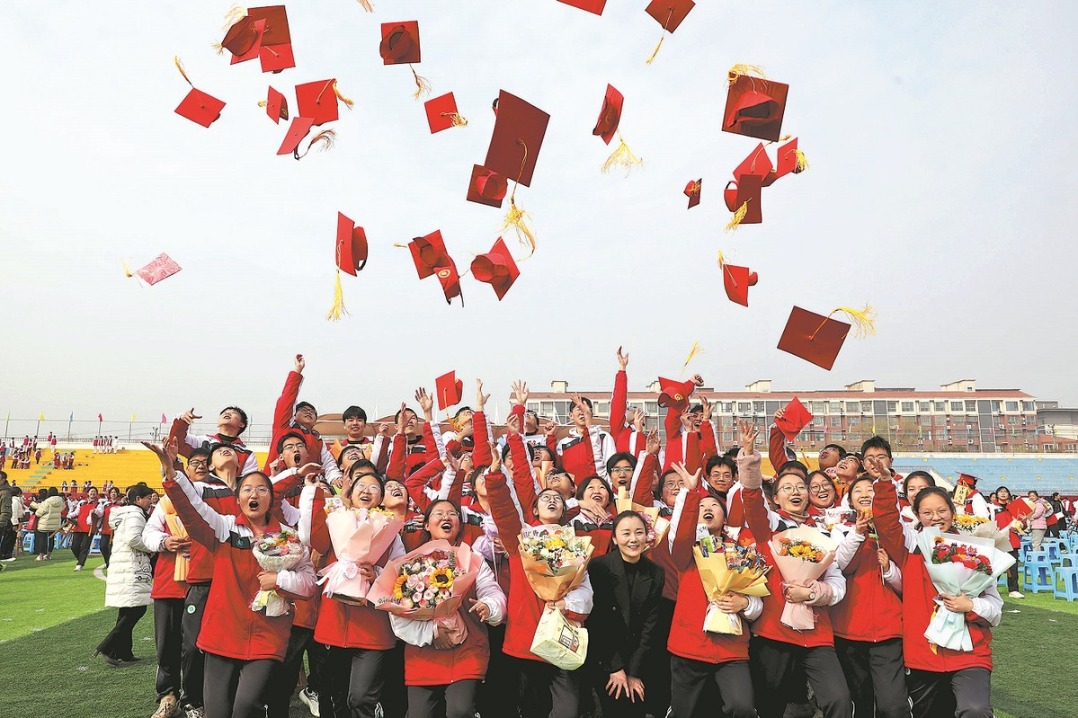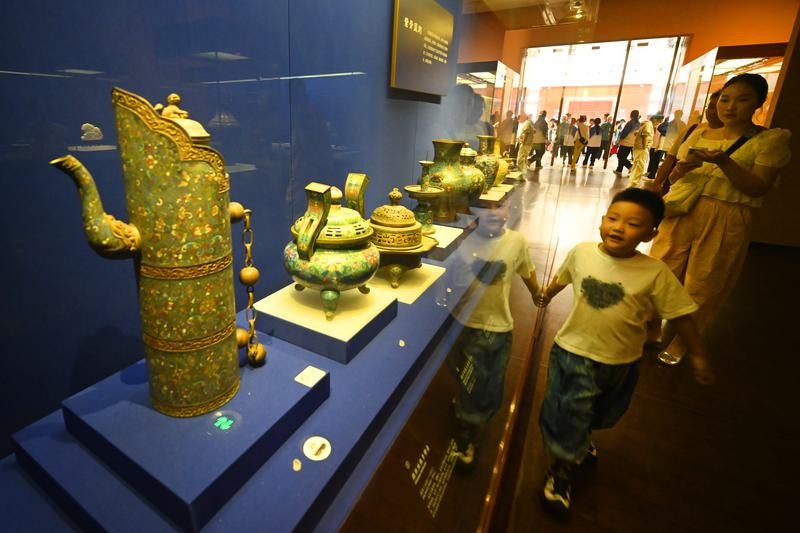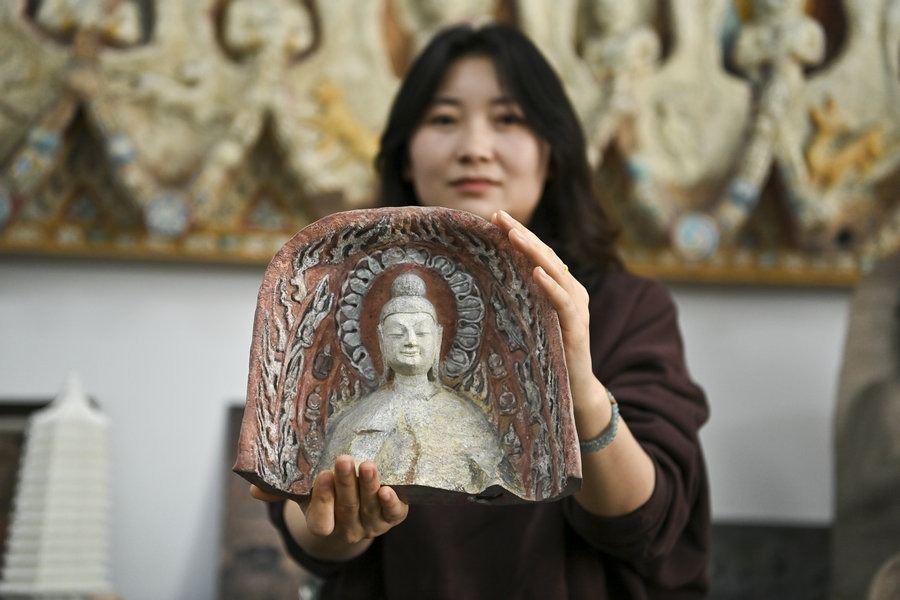Pressure of gaokao success looms over students' new weekend freedom
Policy to enforce two-day break sees mixed response of anxiety, relief


Ethics, legal aspects
The two-day weekend policy, though imperfect, marks a pivotal shift toward valuing students as humans, not just exam-takers, experts said. China's schools aren't just changing schedules — they're reimagining what it means to learn, live and thrive, they said.
Wang Ming, a researcher at the China National Institute of Educational Sciences, told the Paper.cn that extending students' school hours and organizing holiday makeup classes to study for college entrance exams directly violate regulations, and contradict the principles of lawful, standardized school operations.
Chu Hongqi, a professor at Beijing Normal University's Institute of Education and Social Development, said high school two-day weekends are legally and ethically justified.
In 1995, the State Council, China's Cabinet, mandated a five-day school week for primary and secondary school students. There are also policies explicitly prohibiting schools from organizing makeup classes during weekends, holidays, or vacations, he said.
Chu said weekend rest is a legal right and no entity or individual can infringe upon it. Schools, families, and stakeholders must collaborate to ensure students' adequate rest and sleep, he said.
Liu Changming, former principal of Beijing No 4 High School, highlighted the need for two-day weekends. "Excessive academic pressure, prolonged study hours, and cutthroat competition deprive students of sleep, exercise, and free time, leading to burnout, psychological issues, and emptiness syndrome, which stems from a lack of purpose," he said.
Without adequate free time to explore life, society, nature, or their own interests, students cannot develop goals or autonomy. Restoring moderate leisure time and decision-making power to high schoolers is crucial, he said.























